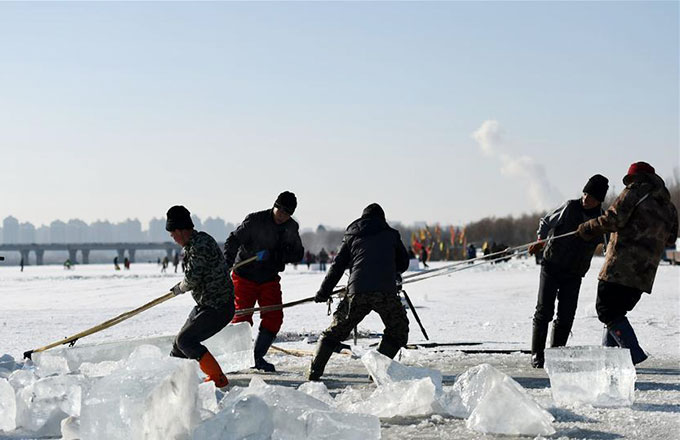US star sprinter fails drug test
Turks targeted
Gay's admission came in a week when media reports said that up to 30 Turkish athletes faced doping bans after the International Association of Athletics Federations confirmed the country had been targeted over concerns about abnormal biological passport values.
Biological passports track changes in athletes' blood profiles which could be caused by doping.
Gay, 30, told two reporters in a telephone conference call that he had been notified by the US Anti-Doping Agency (USADA) on Friday that his A sample from an out-of-competition test on May 16 had returned a positive.
"I don't have a sabotage story. I don't have lies...I basically put my trust in someone and I was let down," said Gay, who added he had never knowingly taken a performance-enhancing drug.
Gay, the 2007 world 100 and 200 champion, said he could not reveal the substance or how the positive occurred.
USA Track & Field, the sport's US governing body, said in a statement: "It is not the news anyone wanted to hear, at any time, about any athlete.
"As we approach the world championships, we will remain focused on the competition at hand and winning the right way."
Gay's announcement comes a quarter of a century after Ben Johnson tested positive for a steroid following his victory in the Seoul Olympics 100 metres, still the biggest scandal to hit the Olympic Games.
The 100 metres has been particularly afflicted by dope busts with eight of the fastest 14 men ever having served, or about to serve drug, suspensions.
"For our sport, this is the only time we get into the headlines and that negative publicity can't help the sport in the long term", Paul Swangard, the marketing director at the Warsaw Sports Marketing Centre at the University of Oregon, told Reuters.
"From a marketing standpoint, it is another case where the only time mainstream sports audiences are going to hear about this sport is in a negative context. That just sets the sport back."
















